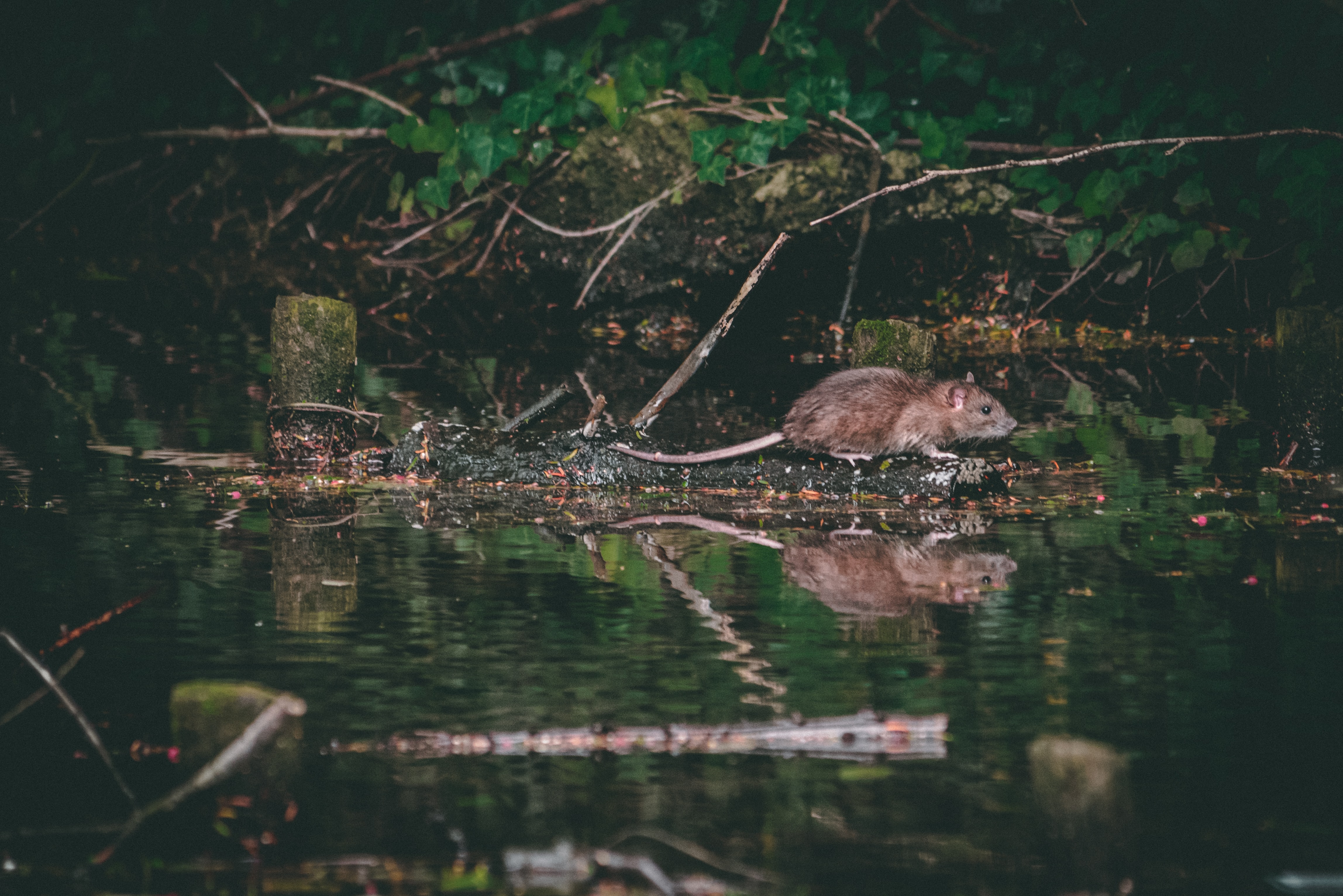Leptospirosis

Days of torrential rain has resulted in the worse flooding in years in some of the most densely populated state in Malaysia. Leptospirosis is a zoonotic infection caused by spirochete bacteria called Leptospira. Both wild and domestic animals can spread the disease. The bacteria can spread during flood when exposed to water, foods and soils that has been contaminated by urine of animals coming directly into the eyes, mouth or breaks in the skin. Leptospirosis is usually a seasonal disease that starts at the onset of the rainy seasons and decline as the rainfall recedes
The symptoms of leptospirosis usually appeared 2 to 10 days after exposure. Some patient may get mild symptoms in about 90% of cases while in 10% of cases experience severe symptoms. Leptospirosis infection causes high fever, headache, body ache, vomiting, diarrhoea, rashes, red eyes, jaundice and worse multi-organ failures such as kidney failure, bleeding in the lung and spread of infection to the brain layers (called meningitis). The classic form of severe Leptospirosis known as Weil's diseases is characterised by liver failure (causing jaundice), kidney failure, bleeding in the lung and damage to the brain
The bacteria Leptospira commonly found in the sewers, ponds, rivers and moist soil. When animal ingest the bacteria, it circulate in the their bloodstream and the to the kidney. This causes continous shedding of the bacteria in the infected animal's urine without the animal experiencing any symptoms or illness. Most common reservoir of the infection are rodents (rat, mice and moles) but other animals such as dogs, racoons, swine, skunks, cow, rabbits and opossums can also carry the disease
Currently there are no vaccine available against Leptospirosis but antibiotic such as Doxycycline can be used as prophylaxis especially to high risk individuals suchas the flood rescuers and volunteers. Leptospirosis often known as 'The Great Mimickers' as patient infected with the disease may present wih symptoms that mimic other infections such as Hepatitis and Dengue. It is very important to start antibiotic treatment as early as possible to reduce risk of complications and fatalities
Prevent leptospirosis by wearing protective clothing such as long boots and waterproof clothing, frequent hand-washing, cover open wound with waterproof dressing, don’t touch sick or dead animals, don’t swim in potentially contaminated water and consume clean drinking water. Risk of spread is highest after the rain, so avoid water recreational activities like swimming in the river or waterfall. Be sure to keep the housing area clean and avoid rubbish with foods that can attract rodents to breed
If you are recently expose to flooding and experience several of these symptoms, seek treatment immediately



